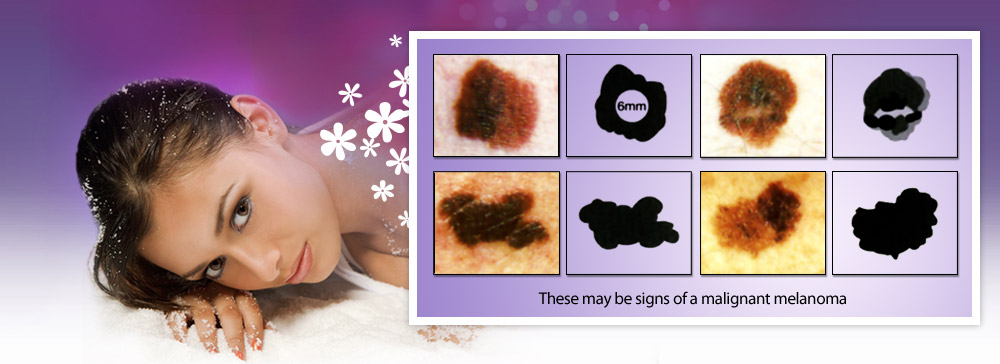
General Dermatology / Psoriasis
It is a chronic skin condition that usually is characterized by lesions or patches of raised red skin covered by flaky, silvery-white buildup called "scales" or "plaques." The red-wine or salmon—colored patches are often rough to touch.
There are several different types of psoriasis. It is usually mild with a few scales, but it can be much more severe. Inflamed patches of skin are characterized as plaque psoriasis, the most common form. These plaques appear on the knees, elbows, scalp, trunk, palms, soles of the feet, or almost anywhere on the body.
What causes psoriasis?
The exact cause is unknown. but it is believed to be related to faulty signals in your body's immune system. These signals cause accelerated growth of skin cells that can't be shed fast enough, so the cells pile up and form the elevated red lesions, scales, and plaques.
Psoriasis is not contagious. An external or environmental event often triggers flare-ups. Conditions that may cause a flare-up include the following:
Psoriasis is not contagious. An external or environmental event often triggers flare-ups. Conditions that may cause a flare-up include the following:
|
|
Who gets psoriasis?
It occurs in adults, teens, and children, and it seems to be slightly more prevalent in women than in men. Psoriasis most commonly appears between the ages of 15 and 35. However it can develop at any time.
Psoriasis affects more than 7 million people in the United States. Some people who have psoriasis experience a spontaneous remission, but no one knows why this happens, and it is unpredictable
Psoriasis affects more than 7 million people in the United States. Some people who have psoriasis experience a spontaneous remission, but no one knows why this happens, and it is unpredictable
What can be done to relieve my psoriasis?
There is no cure, but there are many different treatments, both topical and oral, that can clear psoriasis for periods of time. Sometimes your dermatologist will try different treatments to see what works best for you.
Because psoriasis can start suddenly and spread rapidly it's good to be checked by your dermatologist.
Because psoriasis can start suddenly and spread rapidly it's good to be checked by your dermatologist.




